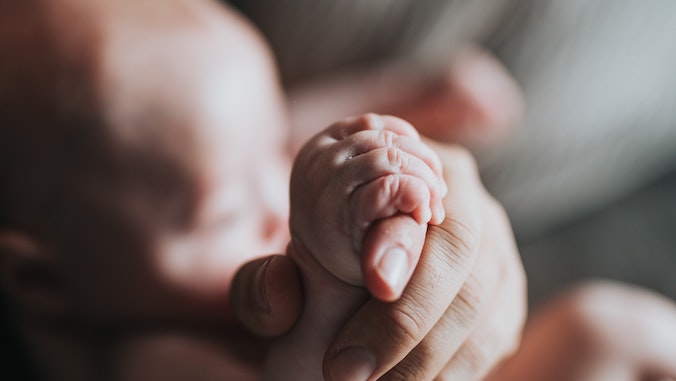
Babies born during the COVID-19 pandemic in India were more likely to have a lower birth weight (LBW) than those who were born before the pandemic. Newborns with LBW are at a higher risk of physical and cognitive deficits and behavioral abnormalities later in life.
The new research from the University of Hawaiʻi at Mānoa and the University of Notre Dame shows that the prevalence of LBW was 3% higher during the pandemic (20% vs. 17%). LBW is defined as a birth weight less than 2,500 grams or approximately 5.5 lbs.
"We suspect that the stress caused by the pandemic, combined with reduced access to health services, likely contributed to the higher prevalence of LBW in India. Additionally, the direct impact of the SARS-CoV-2 virus on pregnant women might have played a role," said Tim Halliday, UH Economic Research Organization (UHERO) research fellow and UH Mānoa associate professor of economics.
Halliday added, "The effects of the COVID-19 pandemic on birthweight in poorer and middle income countries such as India are likely to be more severe than in wealthier countries. For example, the evidence suggests very muted effects in the United States. Moreover, interpreting these findings requires a great deal of nuance. Particularly, we do not know of any national study in the U.S. based on the universe of births prior to and during the pandemic documenting large increases in LBW."
The scientists analyzed data on birth outcomes during the pandemic (April 2020–April 2021) and before the pandemic (July 2014–December 2019). The study included 198,203 infants, with 11,851 born during the pandemic and 192,764 born before it.
The researchers explored differences by maternal education, household wealth, caste (hereditary classes of society) and religion. Significant differences in birth weight were observed based on religion, but not by maternal education, caste or wealth group. Non-Hindu infants were particularly affected, showing a 35-gram (approx. 1.2 ounces) decrease in birth weight during the pandemic.
"We demonstrate that there was an increased risk of low birth weight during the pandemic, underscoring the need for targeted interventions to support maternal and neonatal health during future crises," Halliday said. "Our findings call for a strengthened focus on healthcare services to mitigate the adverse effects of pandemics on vulnerable populations, especially in low- and middle-income countries such as India."
These findings were published in Communications Medicine in June 2024.
UHERO is housed in UH Mānoa's College of Social Sciences.






